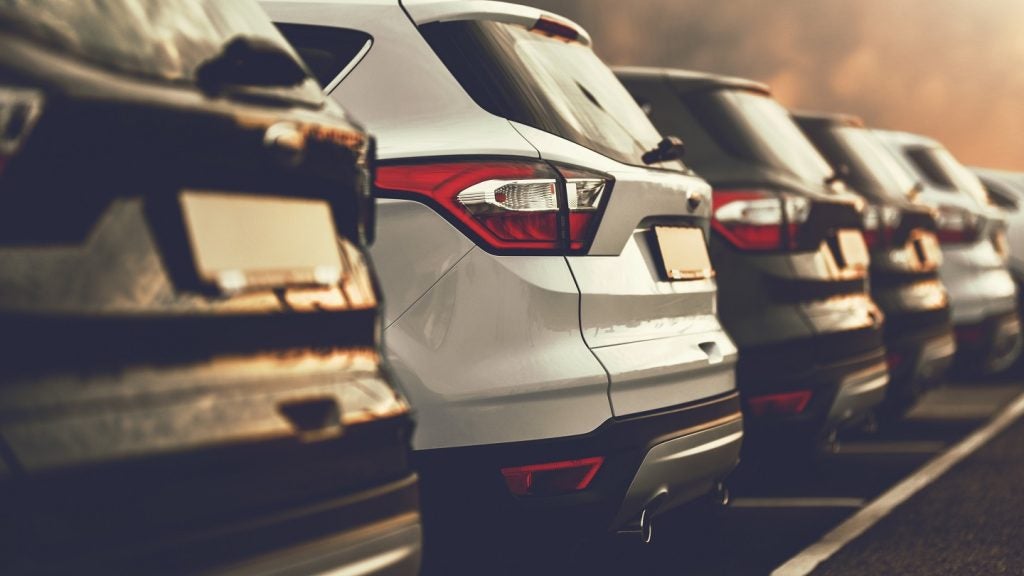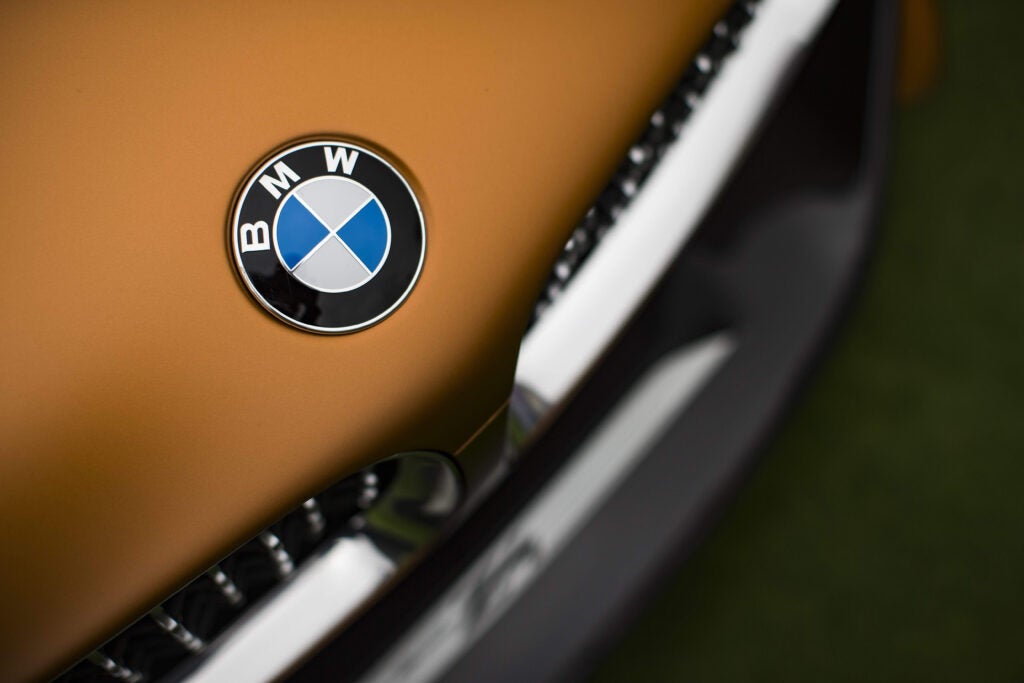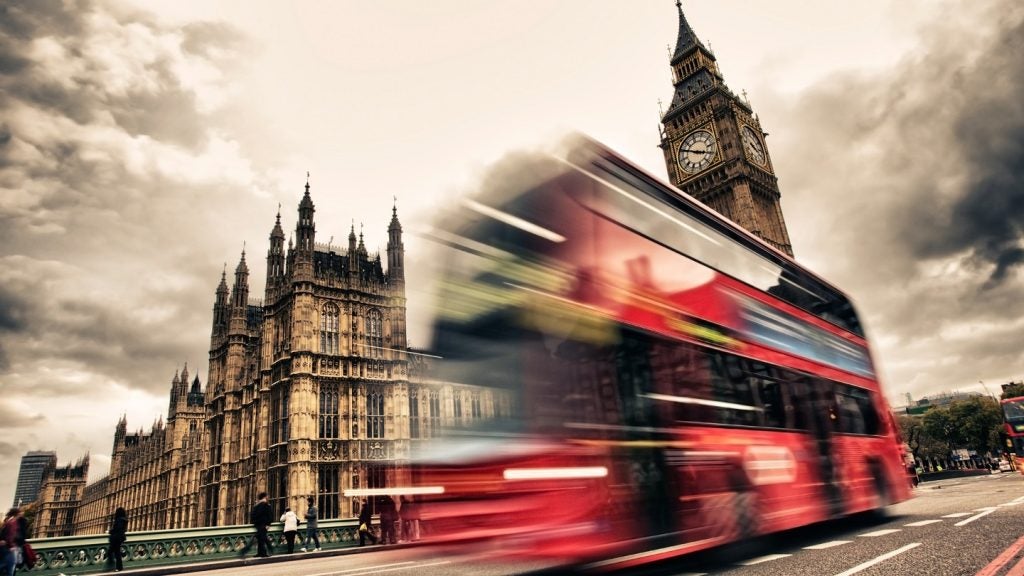
The used car market in the UK saw sales decline by almost half (48.9%) year-on-year in the second quarter of 2020, according to the latest figures from the Society of Motor Manufacturers and Traders (SMMT).
The pace of decline eased as the quarter progressed, from a peak year on year loss of 74.2% in April to -17.5% in June, as private sellers and buyers got back on the move and transactions began to restart. However, the SMMT said it is unclear how long it will take for the market to recover given economic uncertainties and a need for greater activity in the new market to drive fresh stock.
Demand for pre-owned battery electric vehicles, which grew by 44.8% in the first quarter of 2020, declined in the second quarter, falling by 29.7% year-on-year to 2,288 units. Their market share remained stable at 0.2%.
At the same time, sales of plug-in hybrids dropped 56.3%, with just 3,249 changing hands. Meanwhile, petrol and diesel car transactions decreased by 49.2% and 48.5% respectively, although combined they still accounted for 98.3% of sales in the quarter, equivalent to 1,021,963 units.
Despite a fall of 52.4%, superminis remained the most popular used buy with 316,570 finding new owners in Q2, representing 30.5% of the market. All segments saw a decline with luxury saloons faring best with a slightly more modest -30.4% decrease. Black remained the most popular colour choice with 227,660 units sold, closely followed by silver/aluminium, blue, grey and white.
In the first six months of 2020, used car transactions were down by 28.7%, with 2.89m units changing hands. The second quarter represented more than 85% of the 1.16m lost sales so far this year.
How well do you really know your competitors?
Access the most comprehensive Company Profiles on the market, powered by GlobalData. Save hours of research. Gain competitive edge.

Thank you!
Your download email will arrive shortly
Not ready to buy yet? Download a free sample
We are confident about the unique quality of our Company Profiles. However, we want you to make the most beneficial decision for your business, so we offer a free sample that you can download by submitting the below form
By GlobalDataMike Hawes, chief executive of the SMMT, said: “As devastating as these figures are, with full lockdown measures in place for the whole of April and May, they are not surprising. As the UK starts to get back on the move again and dealerships continue to re-open, we expect to see more activity return to the market, particularly as many people see cars as a safe and reliable way to travel during the pandemic.
“However, if we’re to re-energise sales and the fleet renewal needed to drive environmental gains, support will be needed for the broader economy in order to bolster business and consumer confidence.”
Industry reaction
Seán Kemple, managing director at Close Brothers Motor Finance, said: “Q2’s figures for used car sales are interesting, but they paint a picture worlds away from today’s market. It will come as no surprise that sales plummeted to near-zero in the months of total lockdown; in fact, it’s a positive sign in the grand scheme of public health. But since dealerships starting opening their doors in June, there’s been a huge release in pent up demand; we saw this in July’s new car sales lifting to 11% above 2019.
“Looking to Q3 and beyond, the used car market is likely to see an even stronger surge in demand. New car sales may be stalled by slower socially-distanced production, leading to a shortfall of stock for dealers in the coming months. Faced with limited availability, long waiting times, and a potentially tighter budget, buyers are more likely to turn to used and second-hand cars instead. And with people still reticent to take public transport, private car ownership is becoming ever more appealing. Dealers need to keep their fingers on the pulse and be prepared to adapt their stock and sales strategy to meet consumers’ evolving needs.”
James Fairclough, chief executive at AA Cars, said: “While these figures show a 48.9% decline, it is important to note that there has been some improvement since then. However, our research shows that three-quarters of drivers are unwilling to buy a car without seeing it in person, which may mean some people are putting off a purchase until they feel ready to visit a dealership.
“Where consumers are buying vehicles, one of the biggest growth areas on the AA Cars site has been in city cars, which might support the hypothesis that people have been swapping public transport for a car for their commute.
“Equally, the used market offers a great range of vehicles at different price points, making it more resilient in times when people are more worried about their finances. Meanwhile the availability of high quality nearly new vehicles, which cost less than brand new cars but are still only a couple of years old, means the second hand market is attractive for buyers looking to save some money while still purchasing a recent model.”







